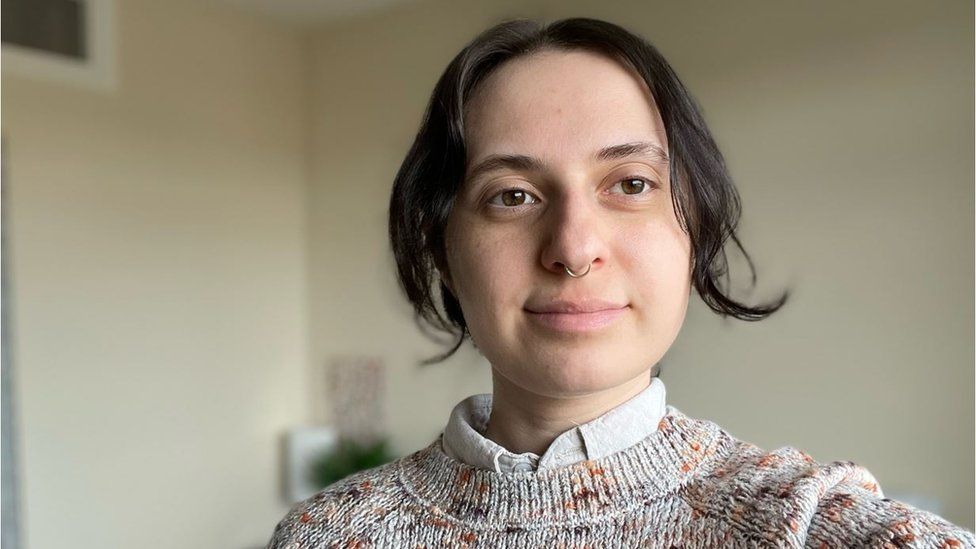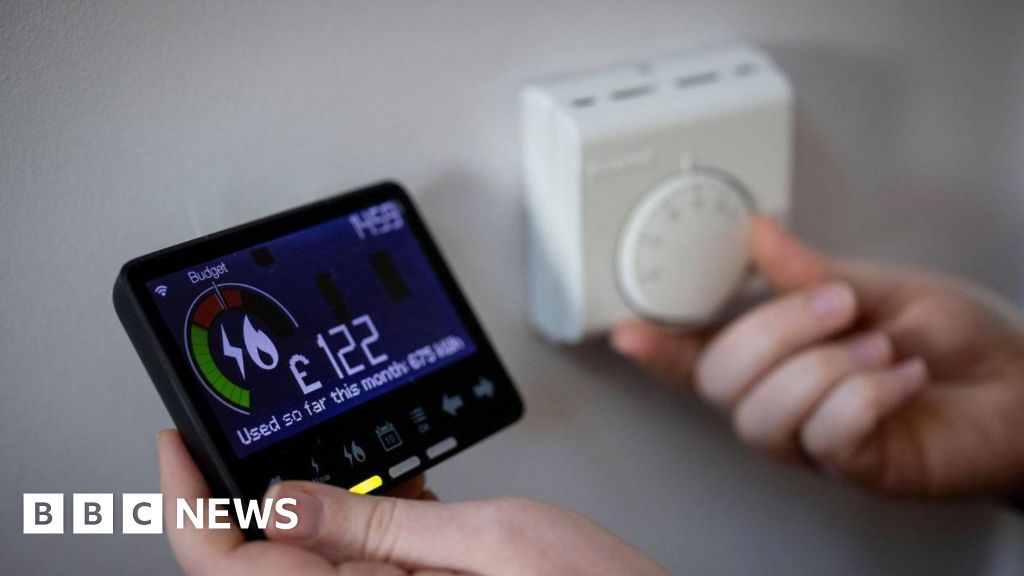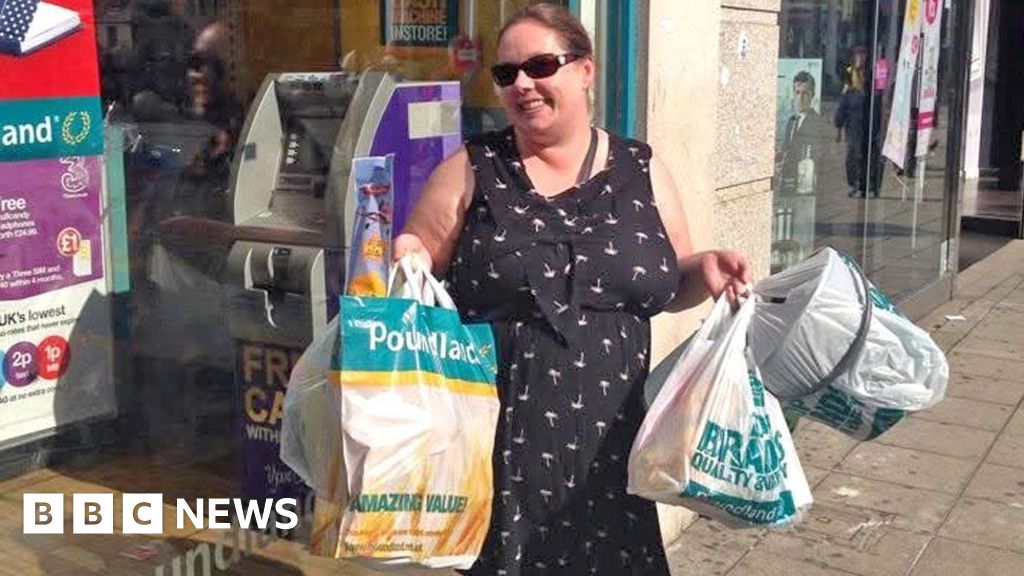ARTICLE AD BOX
 Image source, Tom Espiner
Image source, Tom Espiner
Ellie may have to give up her rented flat and move back in with her parents to save for a deposit
By Tom Espiner
Business reporter, BBC News
Ellie Monajemi is 27, she has a good job earning more than £30,000 per year, but is struggling to make ends meet.
The rise in her energy and food bills mean she does not know if she and her partner will be able to afford to stay in the one bedroom flat they rent.
Ellie is hoping the Chancellor Jeremy Hunt will announce more financial help in his Spring Budget on Wednesday, along with a plan to help first-time buyers.
And she's not alone, other young people told the BBC they hoped the Budget would include help with childcare, energy bills and pensions.
"It would be good to have stamp duty relief"
Ellie works in public health in Somerset where she rents a one-bedroom flat with her partner.
They are finding it difficult to cover all of the bills and they want to be able to save for a property deposit.
"It's been really difficult with energy bills going up, and food is really expensive," she says.
"We can't afford to live here any more - it feels like you're backed into a corner."
Ellie has been the sole earner until recently. With monthly rent at £675, plus energy, fuel, food and other bills, they are struggling to balance the books.
Ellie said getting a good education and job "feels a bit pointless in a way," adding: "It feels like we're a cog in a machine that's failing."
She said the government could help more people onto the property ladder by making it easier to save for a deposit, and by bringing in another stamp duty holiday.
She also spends about £150 per month on fuel, and says the government could help people with the costs of running their car by reducing fuel duty.
According to reports, fuel duty could be frozen for a year after being cut by 5p in March last year.
"We desperately need help with childcare costs"
Image source, Emily
Image caption,Emily says finding the money to pay for childcare is "pretty much impossible"
Emily, 30, works as a mental health professional in Buckinghamshire, and has been on maternity leave looking after her eight-month-old son Michael.
But she has given up her job as childcare costs are so high she would have effectively been paying to go to work, she says.
She found it would cost £400 per month locally for two days of childcare, even with child tax credits.
Working two days a week would not have covered that bill, let alone anything else.
"You shouldn't be made to struggle so much just for having a baby," she says.
Emily's lease runs out on her two-bedroom rental property at the end of the month and she is worried the family will be made homeless.
Her partner is struggling to find work and everywhere they've seen to rent in the area is too expensive.
She says Octopus Energy has been really helpful in arranging a payment plan, but any further government help with energy bills would make a difference.
"I feel like everyone's going to end up in debt to their energy company, as we are," she says.
At the moment, the government is limiting the energy bill of a typical household to £2,500 a year. This is due to rise to £3,000 on 1 April.
But Chancellor Jeremy Hunt is expected to keep the Energy Price Guarantee at current levels for a further three months from April.
"I'd like to see more help on energy bills"
Image source, Keiran White
Image caption,Keiran White said the "prospect of working far into my 70's" is "a bit scary"
Keiran White, 25, from Northamptonshire, says the level of support for energy bills is not enough.
Keiran, who identifies as non-binary, says that despite a recent pay rise, they are facing the same pressures as many people.
The people they work with are "struggling financially" and that even with government help energy bills are "astronomically high".
They'd like to see more help on energy bills, describing the level of support is "embarrassing" internationally.
Keiran wants to know what the government's plans are for the state pension as the "prospect of working far into my 70's by the time I get close to retirement" is "a bit scary".
Keiran, who works for a mental health charity and is also a trustee of the British Youth Council, says: "It feels as though we'll be working until we're dead."
Mr Hunt told the BBC it was important to be "responsible with [the] public finances" and although ministers "would like to help everyone," he added that "you can't always do everything at once".

 2 years ago
39
2 years ago
39








 English (US) ·
English (US) ·